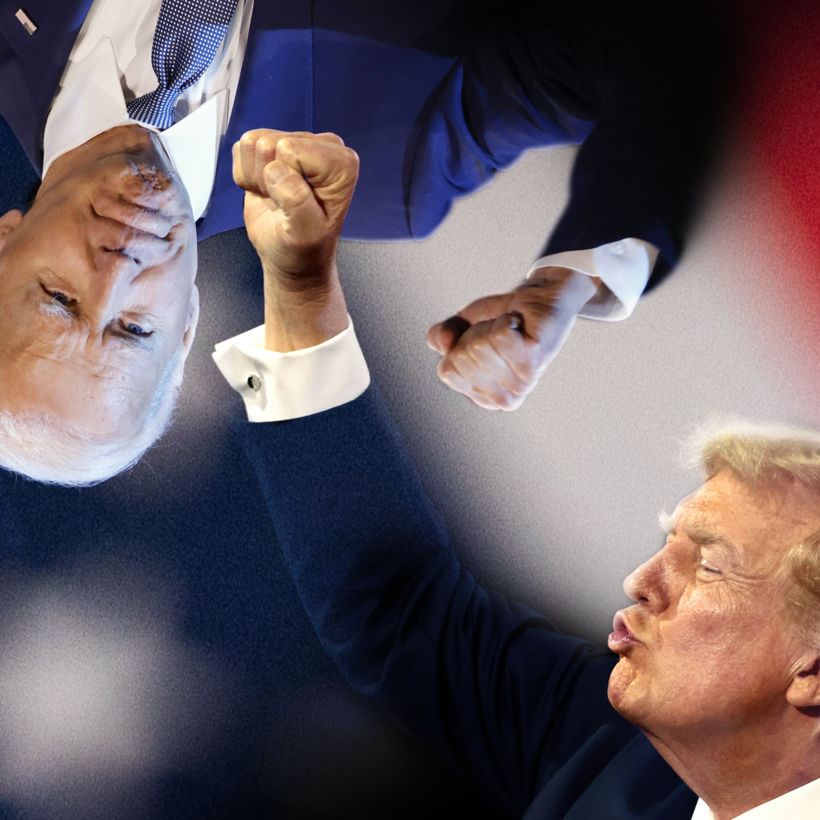We don’t yet know the motive of the man who tried to kill Donald Trump last week and, very likely, we never will. Earlier this week, F.B.I. officials told members of Congress that Thomas Matthew Crooks had used his cell phone to research Trump, President Joe Biden, a member of the British royal family, and “major depressive order.” The bureau has yet to find “any political or ideological information” concerning his motives.
Yet within hours of the assassination attempt—indeed, before the shooter had even been identified—the former president’s most ardent supporters named the real culprits: Biden, the media, and the left.


